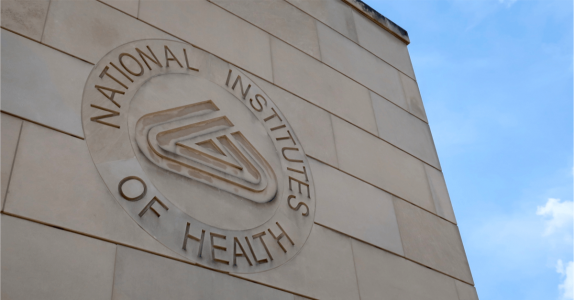#MEAction and Long COVID Justice issued a press statement yesterday about our communities’ deep concerns regarding the rollout of RECOVER’s clinical trials for Long COVID.
As studies show half of the Long COVID community meets the diagnostic criteria for ME/CFS – and our core symptoms overlap – RECOVER’s research has major implications for our community.
In the press release, we wrote about the great need to trial pharmacological drugs that have already shown promise in the ME/CFS community. Instead, the NIH is trialing brain games that cause cognitive PEM, graded exercise and meditation.
“It’s fiscally irresponsible to be spending millions of limited funds on soft therapies like meditation and brain training when there are over 50 pharmacological options waiting to be trialed,” said Ben HsuBorger, #MEAction Advocacy Director. “RECOVER needs to immediately course correct and begin implementing the recommendations of the patient experts and post-viral research community.”
“For the past three years, the Long COVID and ME/CFS communities have repeatedly and clearly communicated the research priorities needed to make RECOVER a success, and they have been summarily ignored resulting in our current situation: only a handful of worthwhile trials coming down the pike after RECOVER has spent close to $1 billion on observational studies. Our communities have continuously called for RECOVER to set up a process that is accountable to the patient community at every level where patient advocates are equal partners. NIH routinely says it values the patient voice, but its actions have not matched its words.
“The RECOVER Initiative — and all NIH research on Long COVID — must be directly based on a strategic plan for research created by experts in infection-associated chronic illness, including representative patient advocates,” said JD Davids, Co-Director of Long COVID Justice and Strategies for High Impact. “This would avoid the mess we found ourselves in now where researchers are launching trials that are ignorant of the core symptoms of Long COVID or the most promising treatments to address them, despite concerted input from dedicated patient advocates.”





